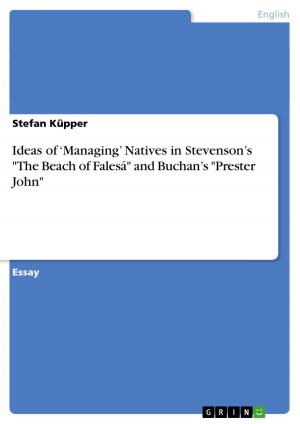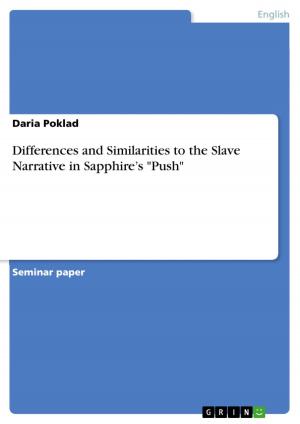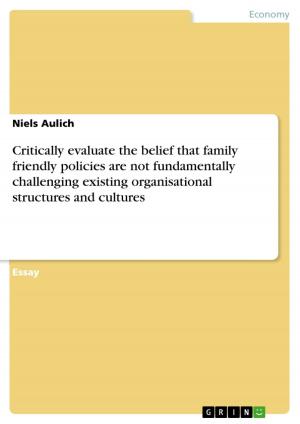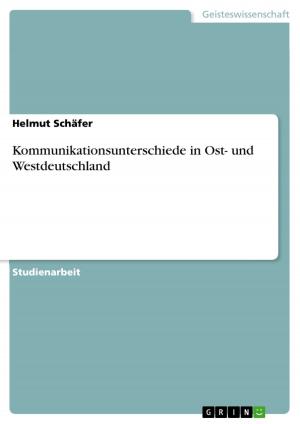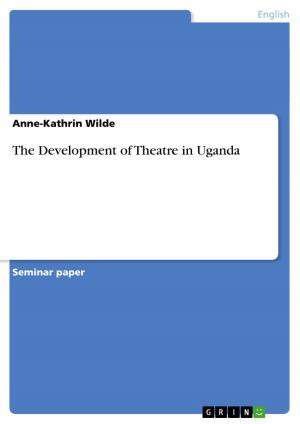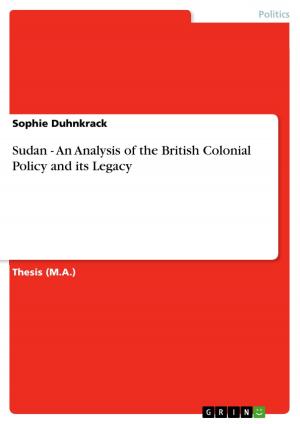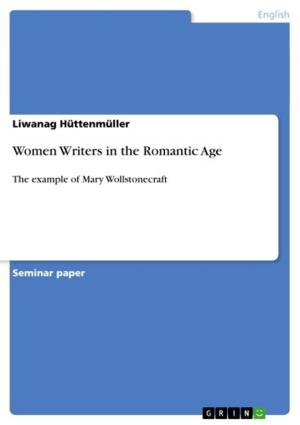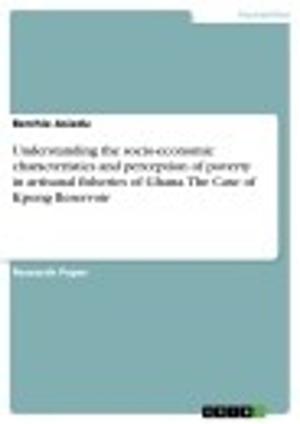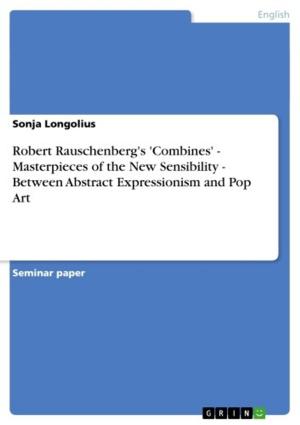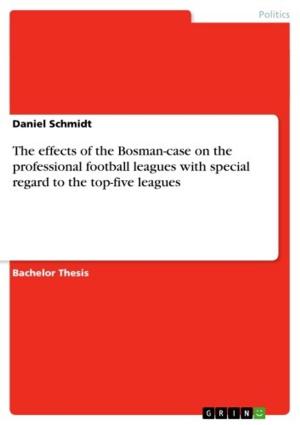The agricultural sector in Spain and Poland during the pre-accession period
Nonfiction, Social & Cultural Studies, Political Science| Author: | Bernd Reismann | ISBN: | 9783638459273 |
| Publisher: | GRIN Publishing | Publication: | January 21, 2006 |
| Imprint: | GRIN Publishing | Language: | English |
| Author: | Bernd Reismann |
| ISBN: | 9783638459273 |
| Publisher: | GRIN Publishing |
| Publication: | January 21, 2006 |
| Imprint: | GRIN Publishing |
| Language: | English |
Seminar paper from the year 2005 in the subject Politics - International Politics - Topic: European Union, grade: 1,7, University of Münster (Institut für Politikwissenschaft), course: Poland in the European Union - A Newcomer's Perspective, 11 entries in the bibliography, language: English, abstract: This paper deals with Poland's membership in the European Union and its effects on the Polish agriculture. The integration of Poland's agricultural economy into the EU Common Agricultural Policy (CAP) will become one of the key issues and has been one of the most difficult issues during the negotiations on the conditions of Poland's membership in the EU.1 The aim of this paper is to point out the advantages and disadvantages, the costs and benefits as well as the opportunities and threats to Poland's agricultural sector by comparing it with the situation of Spain in the middle of the 1980's when Spain became a new member of the European Community. A comparison between these two states makes sense because both had quite similar starting points when they were joining the EC/EU. Therefore, the first chapter will give a historical overview of the agricultural sector in both states first of all. After that, production and export rates, proportions to each GDP and international scales as well as prospective and present changes after EC/EU-membership will be shortly presented and set into comparison. The second chapter compares the Spanish membership negotiations for its agricultural sector to the positions of Poland. Both states gained special exceptions, privileges and transitional periods for their agriculture which are not only useful for the farmers but for financial policy, too. These points will be described and compared. The third chapter presents the Polish agriculture's future expectations. On the one hand threats and benefits will be listed up and proved to their validity. On the other hand, the Spanish expectations and fears of EC-membership in 1986 will be presented to prove the circumference of positive and negative expectations that came into existence. The fourth chapter gives a summary how far Poland and Spain are comparable in terms of their agricultural sector. Second, the experiences of Spain are used as a template to give answers for the future questions of the Polish agriculture.
Seminar paper from the year 2005 in the subject Politics - International Politics - Topic: European Union, grade: 1,7, University of Münster (Institut für Politikwissenschaft), course: Poland in the European Union - A Newcomer's Perspective, 11 entries in the bibliography, language: English, abstract: This paper deals with Poland's membership in the European Union and its effects on the Polish agriculture. The integration of Poland's agricultural economy into the EU Common Agricultural Policy (CAP) will become one of the key issues and has been one of the most difficult issues during the negotiations on the conditions of Poland's membership in the EU.1 The aim of this paper is to point out the advantages and disadvantages, the costs and benefits as well as the opportunities and threats to Poland's agricultural sector by comparing it with the situation of Spain in the middle of the 1980's when Spain became a new member of the European Community. A comparison between these two states makes sense because both had quite similar starting points when they were joining the EC/EU. Therefore, the first chapter will give a historical overview of the agricultural sector in both states first of all. After that, production and export rates, proportions to each GDP and international scales as well as prospective and present changes after EC/EU-membership will be shortly presented and set into comparison. The second chapter compares the Spanish membership negotiations for its agricultural sector to the positions of Poland. Both states gained special exceptions, privileges and transitional periods for their agriculture which are not only useful for the farmers but for financial policy, too. These points will be described and compared. The third chapter presents the Polish agriculture's future expectations. On the one hand threats and benefits will be listed up and proved to their validity. On the other hand, the Spanish expectations and fears of EC-membership in 1986 will be presented to prove the circumference of positive and negative expectations that came into existence. The fourth chapter gives a summary how far Poland and Spain are comparable in terms of their agricultural sector. Second, the experiences of Spain are used as a template to give answers for the future questions of the Polish agriculture.

